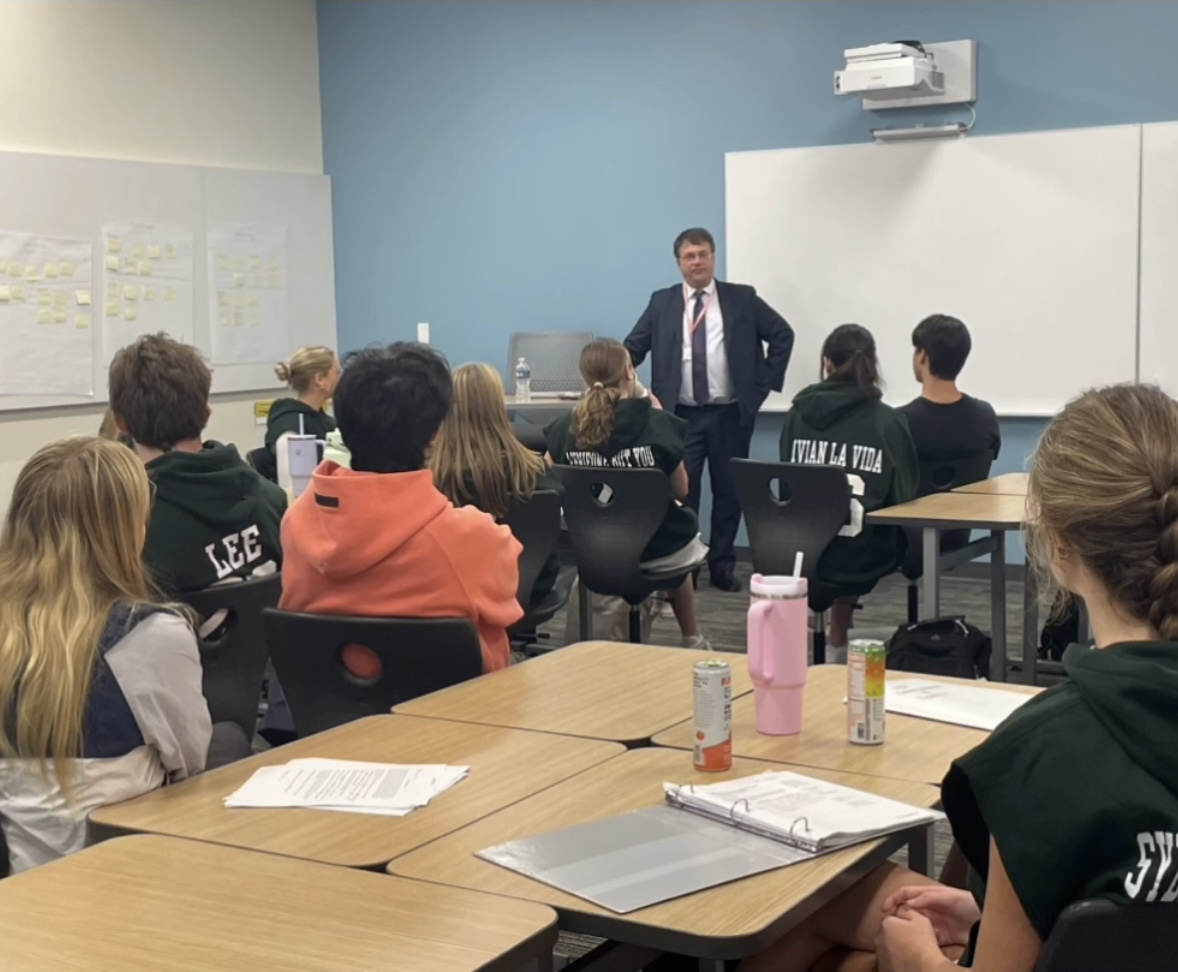Genocide is not a thing of the past
As the staff of the New Trier News, we want to acknowledge the importance and gravity of International Holocaust Remembrance Day, on Monday, January 27th.
This day was designated by the United Nations General Assembly, and marks the anniversary of the Auschwitz-Birkenau liberation.
“On this annual day of commemoration, the UN urges every member state to honor the six million Jewish victims of the Holocaust and millions of other victims of Nazism,” said the U.S. Holocaust Memorial Museum.
However, as we recognize the atrocity and tragedy of the Holocaust, we must also remember that genocide isn’t something that only happened once, approximately 75 years ago. Genocide is a still very much alive in the 21st century.
The Nuer in South Sudan, Christians and Yazidis in Iraq and Syria, Christians and Muslims in the Central African Republic, Darfuris in Sudan, and the Rohingya Muslims in Myanmar are all current or recent victims of violence because of their nationality, ethnicity, race, or religion.
Though not all of these instances have been officially deemed a genocide, violent actions against the aforementioned groups most definitely meet some of the UN’s genocide criteria. And these atrocities should
not require the official “genocide” label in order for intervention to be warranted, especially since by the time this retroactive label is applied, too many have already lost their lives.
Cultural genocide–the destruction of the political and social institutions of a targeted group–is also a prevalent phenomenon. China’s mass incarceration of more than a million Uighurs, Kazakhs, and other Muslims is one such example.
But besides prompting a handful of news articles, it seems as though these events have been largely ignored or minimized. The Coronavirus seems to have garnered much more international media attention than China’s re-education camps.
And the few articles that have been written have failed to prompt an impactful response from the global community.
Of course we acknowledge that every episode of mass murder has unique social, economic, military, and political obstacles that can make intervention challenging. But the recurrence of such atrocities, ignored by powerful people, nations, and the general public, calls for a more sinister explanation. People are reluctant to discuss or fully acknowledge such an uncomfortable topic, so they choose the easiest path–to be a bystander.
It’s not that these events are completely ignored. Sanctions are often the go-to method for the U.S. government to deal with these situations. In 2007, President Bush announced tightening of existing economic sanctions on Sudan. In 2019, the Trump administration placed sanctions on some of the government and business organizations enabling and executing China’s incarceration campaign.
But sanctions do not directly address the issue, and they will not halt a genocide. Also, it is hypocritical to pass sanctions when other actions, such as barring refugees from seeking shelter in the U.S., are helping to enable genocide.
On Friday Jan. 31, President Trump added six countries to his Travel Ban: Nigeria, Myanmar, Eritrea, Kyrgyzstan, Sudan and Tanzania.
“The expansion of the restrictions, which already affected more than 135 million people in seven countries, is likely to hinder more than 12,300 potential immigrants in the next year from resettling, finding work or reuniting with their families in the United States,” stated a New York Times article.
These restrictions are alarmingly similar to actions taken by the U.S. government during the Holocaust. When European Jews tried to seek asylum in the U.S., the government turned away thousands.
But we have a duty to hold our government accountable and let them know that denying asylum to people fleeing violence is not something that we stand for. Closing our borders leaves refugees without a safe place to go and violates their human rights.
It is naive to believe that genocide is a thing of the past. This attitude perpetuates a lack of accountability and promotes a bystander mentality.
And as an educational institution, New Trier has a duty to teach students about genocide, even though it is an uncomfortable subject. Our school needs to do better in terms of how it addresses and educates students on the topic of genocide, and it can start by acknowledging International Holocaust Remembrance Day.
Because one of the most powerful ways to work towards preventing genocide is to hold perpetrators accountable and make sure that past victims are never forgotten.







































